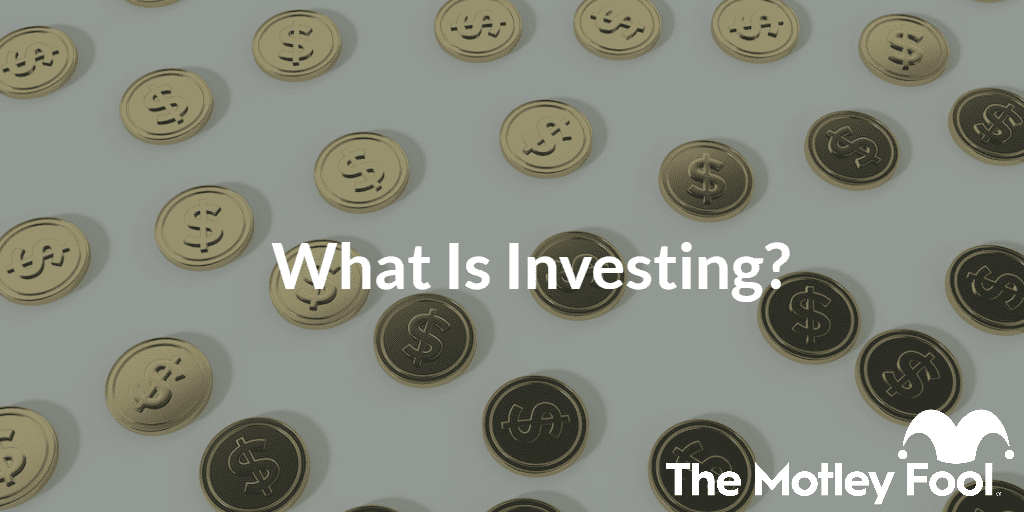Investing can be one of the best ways to improve your financial future, but it’s important to have a sound understanding of just what it means to invest. So, what exactly is investing? Let’s break it down.

What is investing?
The word “invest” can be defined as follows:
- Devoting time or other resources toward achieving a goal.
- Using money or capital to buy an asset with the hope that the value of that asset will increase and give you the opportunity to sell at a profit. Common assets for investment include stocks, bonds, real estate, and precious metals such as gold and silver.
Everyday-life examples of investing
Most people make investment decisions on a daily basis — even if they aren’t putting money into assets like stocks or real estate. If a person pays college tuition and attends classes with the hope of gaining knowledge and skills that will benefit them in the future, that person has made a decision to invest in themselves. They are devoting time and money with the goal of gaining new knowledge that will be rewarding — financially or otherwise.
Even putting money in a savings account that pays an interest rate can be thought of as an investment, as you will get a return on the money you have in the account. In most cases, the interest rate will be very small, but it’s still investing. Investments that come with the potential for big profits usually come with greater risk. Savings accounts are very safe, so they typically pay a very small interest rate.
Time plays a crucial role in successful investing
Building the foundation needed to make well-informed investment moves can take a lot of time. If a person is considering college to gain a particular skill, that person should be looking at the salaries of professionals in their field and thinking about whether demand for their chosen profession is likely to increase. The person may also want to consider if the time and money put into attaining a degree will bring them fulfillment in other ways. Acquiring a college degree may have big payoffs down the line, but there is also the risk that the time and money invested in attaining the degree won’t produce the desired results.
Devoting time to ensuring you’re making moves that have a good chance of success holds true in the world of financial investing, as well.
Let’s say that a company’s stock catches your eye, and you think buying shares (basically, buying a very small stake in the business) could be a worthwhile opportunity. Researching the company and its industry, weighing growth opportunities, and estimating whether its current valuation are likely to increase is crucial to making an informed investment decision. You’ll also want to keep up-to-date on how your investment is performing and how its market opportunities are evolving over time.
Even if your investment thesis (the reasons you believe an asset will increase in value) proves correct, it may take longer than anticipated to come to fruition and bring about your desired profit. No one knows exactly what the future holds, and there are many unpredictable factors that can influence the valuation of stocks, real estate, and other assets.
Because of the time it takes to research investments and the possibility that it will take a while for the value of your assets to reach the desired level, most people are best served by taking a long-term approach to investing. With regard to stocks, this usually means trying to identify strong companies to invest in, then buying shares with the expectation that you plan to hold on to your investment for years to come.